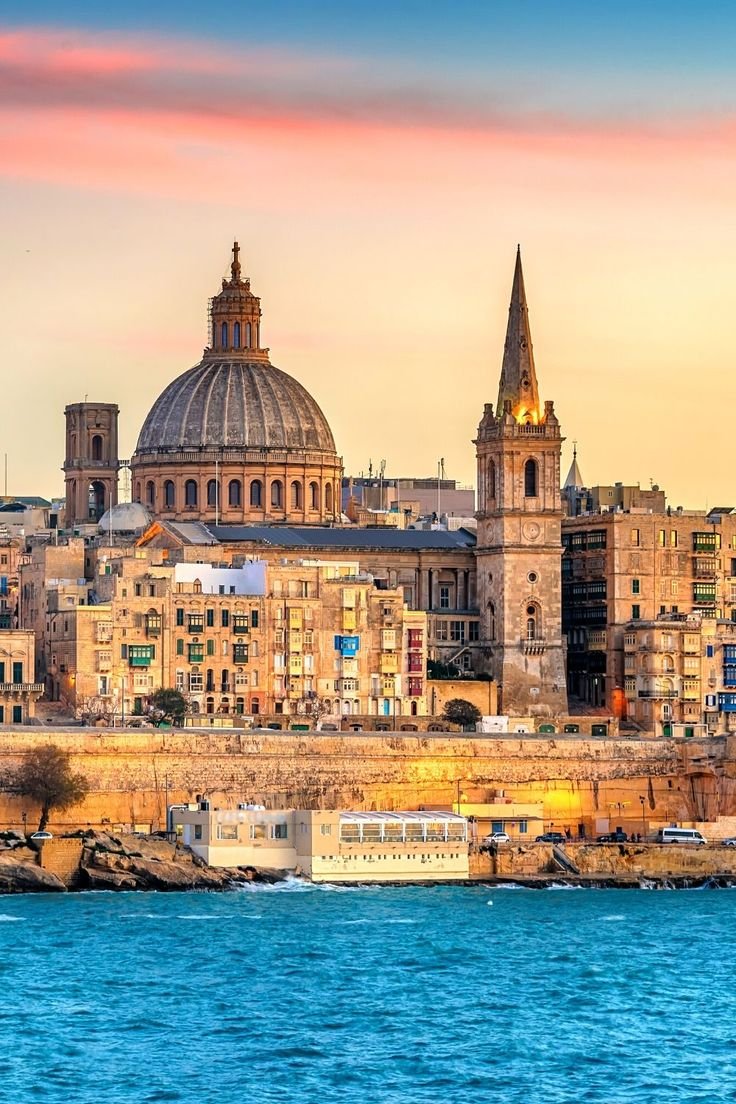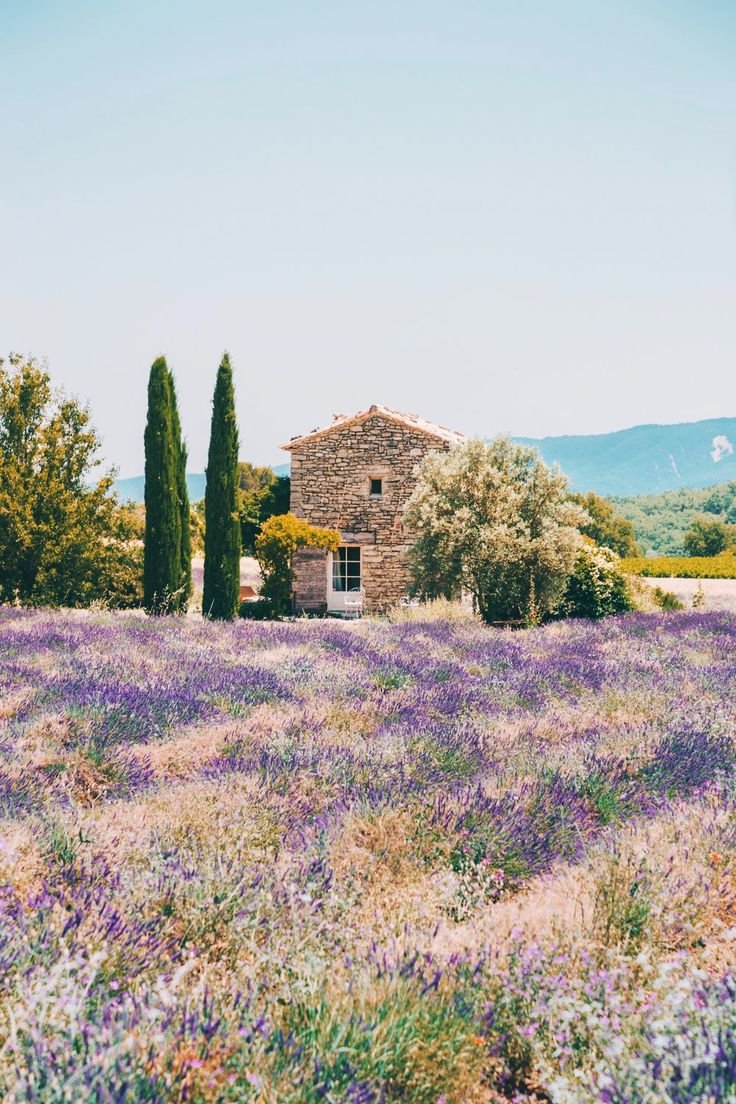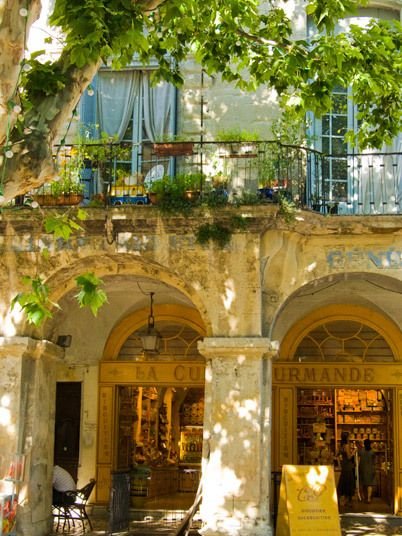Malta’s Citizenship Programme Under Review — Interest Shifts Toward France
As spring blooms across Europe, significant developments have emerged regarding Malta’s Citizenship by Investment scheme. Recently, the European Court of Justice declared Malta’s “golden passport” programme incompatible with EU law, stating unequivocally that European citizenship is not a commodity for sale. This landmark ruling, delivered in April, has created uncertainty about the future of Malta’s popular programme, leaving current and prospective applicants awaiting clarity. Here at Finding La Dolce Vita (FLDV), we are closely following developments from Valletta and Brussels, poised to inform our clients promptly once definitive decisions have been reached about whether and how the programme may continue.
Meanwhile, as Malta faces uncertainty, our clients’ interest in Italy, Monaco, Switzerland, and particularly France has surged, with France standing out due to its streamlined residency processes. Remarkably, French long-term stay visas are currently processed within just one to two weeks from application, an efficiency rarely seen in European bureaucracy. Combined with FLDV’s dedicated property finding service, this means clients can find themselves comfortably settled in France in as little as two months for rental properties or within three to four months when purchasing a home. Moreover, those who reside in France continuously for five years may become eligible to apply for French citizenship through naturalisation, an appealing prospect for those seeking the global mobility provided by an EU passport.
France, always alluring, offers diverse lifestyles across its charming regions. Among these, Provence-Alpes-Côte d’Azur, Nouvelle-Aquitaine, and Occitanie emerge as favourites, each offering distinctive appeals.
Provence-Alpes-Côte d’Azur captures the essence of Mediterranean living. Here, coastal cities like Nice and Cannes offer sophisticated urban living with exceptional restaurants, boutiques, and bustling promenades. Smaller towns such as Antibes and Menton provide quieter seaside elegance, while inland, the likes of Aix-en-Provence and Avignon enchant with culture-rich streets and artistic legacies. Housing in this desirable region comes at a premium, with property averaging €5,000 per square metre, though rural areas offer more accessible prices. A comfortable two-bedroom apartment rental in central areas often ranges from €1,200 to €1,800 monthly. The cost of living is relatively high, yet justified by the region’s quality of life, climate, and amenities.
Educationally, Provence excels with reputable international schools including the International Bilingual School of Provence near Aix-en-Provence and the International School of Nice, both offering the respected IB Diploma. The region’s healthcare infrastructure is superbly highlighted by Marseille’s renowned Hôpital de la Timone and Nice’s University Hospital. Climatically, Provence enjoys warm, sunny summers and mild winters, ideal for an active, outdoor lifestyle. Farmers’ markets flourish here, with towns like Aix-en-Provence and Forcalquier offering vibrant weekly events brimming with local produce. Public transportation connects the region efficiently via high-speed trains from Aix-en-Provence or Marseille to Paris in under three hours, with Nice’s international airport providing excellent global connectivity.
Nouvelle-Aquitaine, France’s largest region, presents vineyard-laden landscapes, Atlantic coastline, and historic charm. Bordeaux, the region’s capital, has blossomed into a cosmopolitan yet comfortable city, known globally for its prestigious wines and vibrant cultural scene. Coastal towns like Biarritz offer elegant beach living, attracting both surfers and sophisticated international residents, while the Dordogne area appeals profoundly to retirees drawn to its picturesque villages such as Sarlat-la-Canéda and Bergerac. Property prices here are notably more affordable than Provence, averaging around €3,500 per square metre in Bordeaux and significantly less in rural areas. Rentals are also reasonable, with a central Bordeaux apartment averaging €700 monthly.
The cost of living in Nouvelle-Aquitaine is balanced, allowing a comfortable lifestyle without excessive expenditure. Families find solid educational opportunities, notably at the International School of Bordeaux offering comprehensive IB education. Healthcare is exceptional, anchored by Bordeaux’s acclaimed CHU Pelligrin hospital, ensuring residents’ wellbeing is superbly catered for. The region’s climate, moderate and mild, supports extensive outdoor pursuits year-round. Local markets, such as Bordeaux’s Marché des Capucins, celebrate regional culinary traditions, showcasing fresh seafood, local cheeses, and famed wines weekly. Transport links are excellent, with Bordeaux’s high-speed TGV connecting directly to Paris in just over two hours and local airports serving international routes.
Occitanie, stretching from the Pyrenees to the Mediterranean, provides diverse lifestyle choices enriched by history, culture, and natural beauty. Toulouse, the region’s vibrant hub, balances historical charm with a lively, youthful energy, driven by a strong aerospace industry and university community. Montpellier complements this with elegant boulevards, a lively arts scene, and proximity to Mediterranean beaches. Smaller historic towns like Carcassonne, famed for its medieval fortifications, and Nîmes, renowned for Roman architecture, enrich the region’s cultural landscape.
Property in Occitanie represents excellent value, with city apartments in Toulouse and Montpellier around 3,500 per square metre, while rural village properties offer further affordability. Rentals are reasonable, averaging €600 monthly in urban centres. The region’s living costs are similarly attractive, allowing residents to enjoy an enviably relaxed lifestyle. Occitanie also supports international education through institutions like the International School of Toulouse, providing outstanding bilingual IB programmes. Healthcare services, particularly at Toulouse’s Purpan Hospital and Montpellier’s university hospitals, are among France’s best.
Climate in Occitanie is particularly appealing, with warm summers and mild winters along the coast, fostering an outdoor-centric lifestyle year-round. Inland, the climate is temperate, offering distinct seasonal experiences. Local farmer’s markets, integral to community life, provide fresh regional produce and delicacies weekly in towns across the region, enhancing the quality of daily life. Public transport connectivity is strong, with high-speed rail links efficiently connecting Toulouse and Montpellier to major French and European cities, facilitating easy regional and international travel.
At FLDV, our comprehensive service extends beyond merely securing visas and homes. We ensure seamless integration through expert assistance with residency permits (Carte de Séjour), healthcare enrolment, and navigating local administrative processes. Whether you dream of sipping rosé in Provence, exploring vineyards near Bordeaux, or enjoying Mediterranean sunsets in Occitanie, FLDV is committed to making your European relocation effortless, secure, and thoroughly enjoyable.



